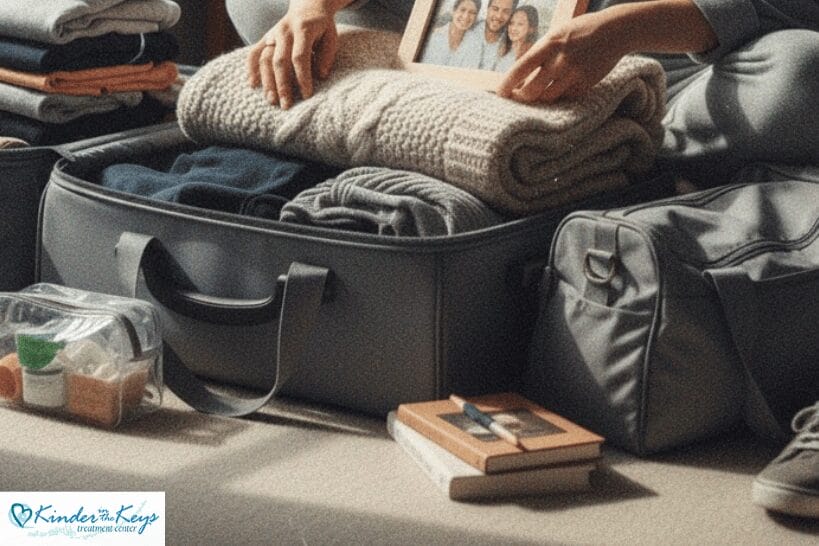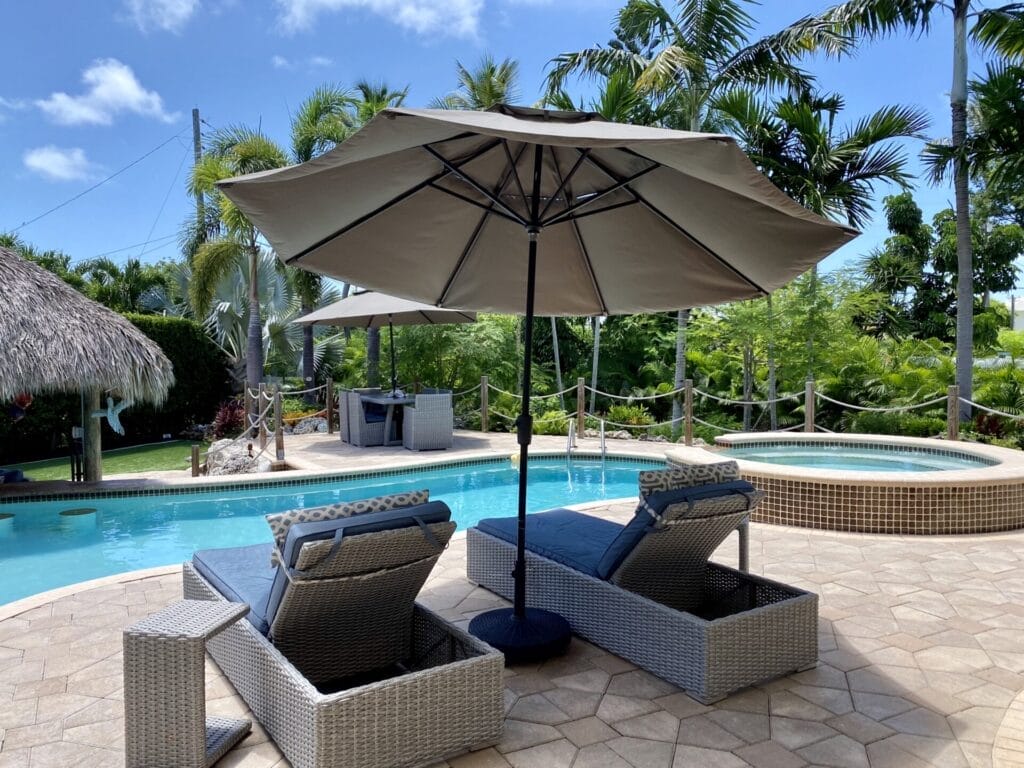Heading into residential treatment can feel overwhelming. Having a clear packing list in place helps simplify the admissions process and ensures you’re ready for the next step in your recovery journey. When you pack the right items, you’re more likely to feel grounded, safe, and supported during your stay.
This guide outlines what you should—and shouldn’t—bring to a women’s residential mental health treatment center, with a special focus on practicality and preparation.
Why a Packing List for Residential Treatment is Important
When entering a residential mental health treatment center, the goal is to create a stable, supportive environment. Being well-prepared allows you to focus fully on your treatment. If you forget key personal items or bring things that are not permitted, it can lead to stress or delays in starting care.
Many residential treatment centers provide basic necessities. However, bringing familiar objects and comfortable clothing can make the transition easier and help you feel more at home. A thoughtful packing list helps avoid any last-minute scrambling, missed essentials, or unnecessary confusion.

What to Bring to Residential Treatment: A Comprehensive List
Packing for residential treatment should balance your personal comfort with the center’s guidelines. Include only what’s necessary for daily routines, emotional support, and medical management.
Personal Identification and Health Information
Start with the fundamentals. Bring valid ID and copies of important medical and insurance documents. These help the staff complete the admissions process efficiently. Include:
- Government-issued photo ID (driver’s license or passport)
- Insurance card
- List of health conditions and medication history
- Emergency contact names and phone numbers
Clothing and Footwear
Focus on clean, simple, and comfortable clothing. Choose outfits suitable for the local climate and treatment setting. Most centers recommend packing for one to two weeks, with access to laundry facilities.
- Choose loose, breathable materials
- Avoid items with offensive logos or revealing designs
- Bring layered clothing for variable temperatures
- Comfortable shoes for daily use (sneakers, slippers)
- Sleepwear and socks
Check if the treatment center has any dress code restrictions before packing.
Toiletries and Personal Care Items
Select basic hygiene products that are alcohol-free and non-aerosol. Many facilities supply everyday items, but having your preferred brands can offer comfort.
- Toothbrush and toothpaste
- Shampoo and conditioner
- Deodorant (non-aerosol)
- Feminine hygiene products
- Hairbrush or comb
Avoid bringing razors, nail scissors, or other items that may be restricted.
Comfort Items for Emotional Well-being
Certain personal items can ease feelings of disconnection or anxiety during treatment. It’s okay to bring a few familiar items that support your mental well-being.
- A favorite pillow, soft blanket, or stuffed animal
- Journal or notebook
- Family photographs
- Books or spiritual texts (paperback only)
These objects create a sense of safety and consistency during your recovery journey.
Necessary Medications
Bring all current prescription medications in their original pharmacy-labeled containers. This supports accurate dosage and proper use.
- Prescription medications (as prescribed)
- List of current doses and prescribing physicians
- Any allowed over-the-counter or counter medications
Staff will handle medication management for your safety. Do not bring loose pills or mixed containers.
Electronic Devices
Policies around electronics vary by facility. Confirm with the treatment center in advance about what is allowed. In general, devices may be limited or checked upon arrival.
- Alarm clock (non-smart device)
- Phone numbers written down in case personal phones are restricted
- E-reader (if permitted and without internet access)
Smartphones, laptops, and tablets may be stored securely until individual use is permitted.
What Not to Bring to Residential Treatment
To maintain a safe and healing environment, there are clear restrictions on certain items. These include objects that could disrupt the recovery journey or pose a risk to you or others.
Do not pack:
- Weapons or sharp items (including scissors, razors)
- Alcohol or products containing alcohol
- Any illegal drugs or unapproved medications
- Aerosol cans (including hairspray and deodorant)
- Large sums of cash or valuables
- Jewelry with sentimental or monetary value
- Perfumes or candles
- Revealing or inappropriate clothing
Always check the treatment center’s intake guidelines to avoid complications during admission.

Why Choose Kinder in the Keys for Residential Treatment?
Kinder in the Keys offers a women-focused treatment environment designed for deep healing. Our residential treatment programs are built to support individuals struggling with trauma, depression, anxiety, and other mental health conditions.
We guide you through the admissions process in a way that feels calm and manageable. Our team ensures that your physical and emotional needs are met, beginning the moment you arrive with your personal items in hand.
With a structured setting, professional staff, and a compassionate approach to care, Kinder in the Keys supports each woman’s recovery journey with respect and expertise.
Related Article: Best Residential Anxiety Treatment Centers in the U.S. in 2025
Frequently Asked Questions
What should I bring to residential treatment?
Bring personal ID, insurance information, prescription medications in original bottles, phone numbers of trusted contacts, comfortable clothing, non-aerosol toiletries, and a few comfort items like books or a journal.
What items are not allowed in residential treatment?
Do not bring weapons, alcohol-based products, drugs not prescribed to you, aerosol sprays, or clothing with offensive texts. Items that could be harmful to you or others will be restricted.
How long will I stay in residential treatment?
The length of stay varies based on individual needs. Most programs last between 30 and 90 days. Our team works with you to determine the right duration for your mental health treatment.
Can I have visitors during residential treatment?
Visitor policies depend on the treatment phase and individual progress. At Kinder in the Keys, visits may be scheduled once approved by the clinical team. This helps avoid early distractions and supports a stable recovery process.
What kind of therapy is offered in residential treatment?
Our programs include individual therapy, group therapy, trauma-informed care, and evidence-based practices. All therapy is tailored to support women during each phase of their recovery journey.
